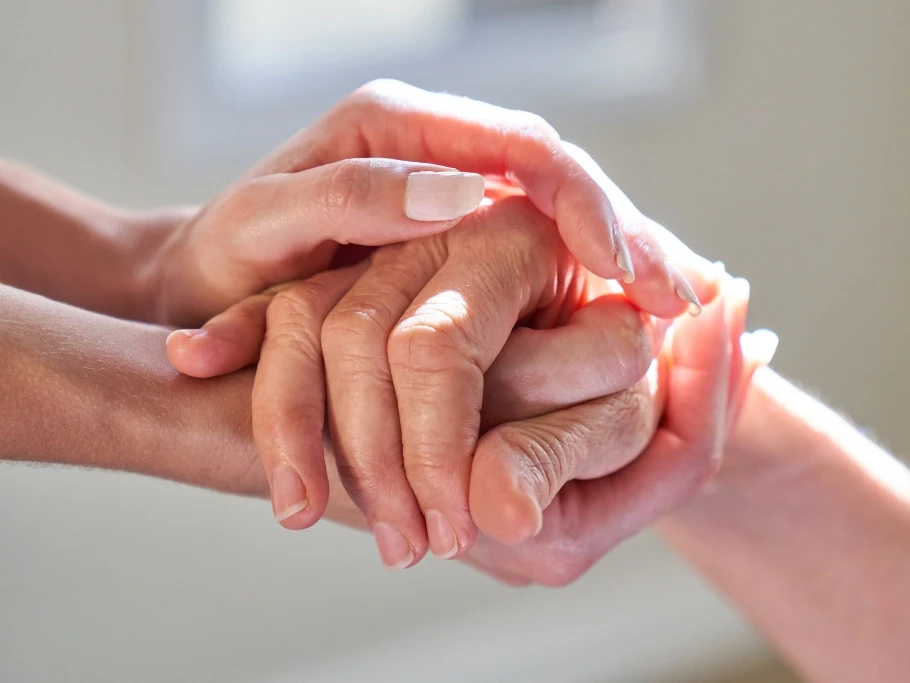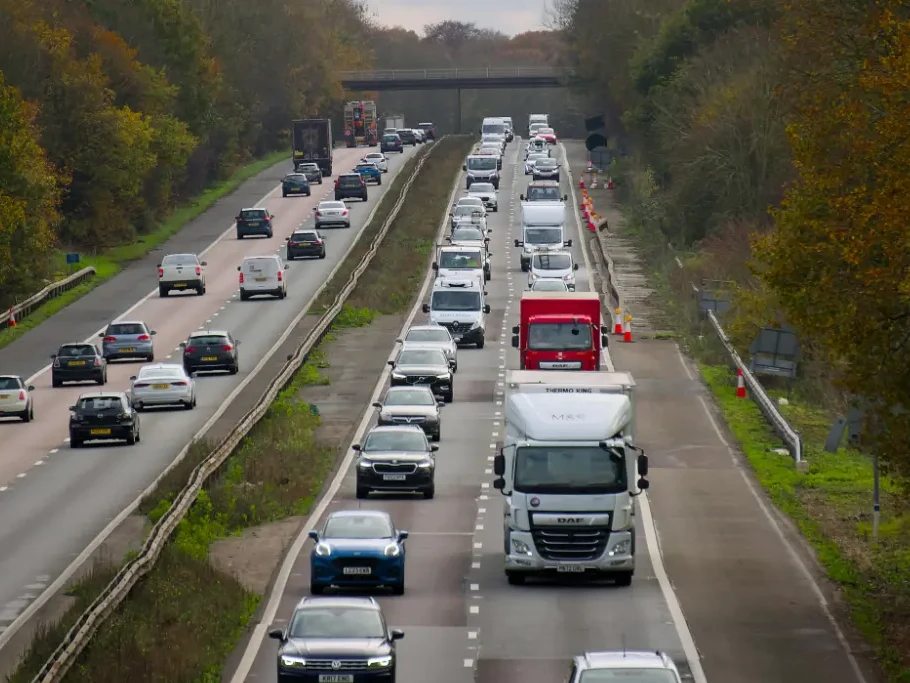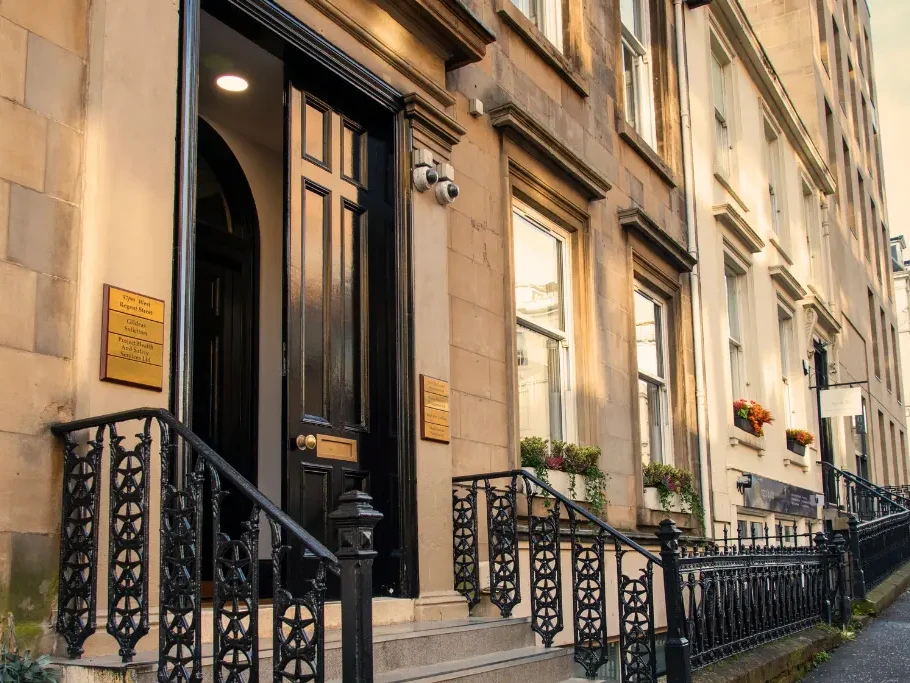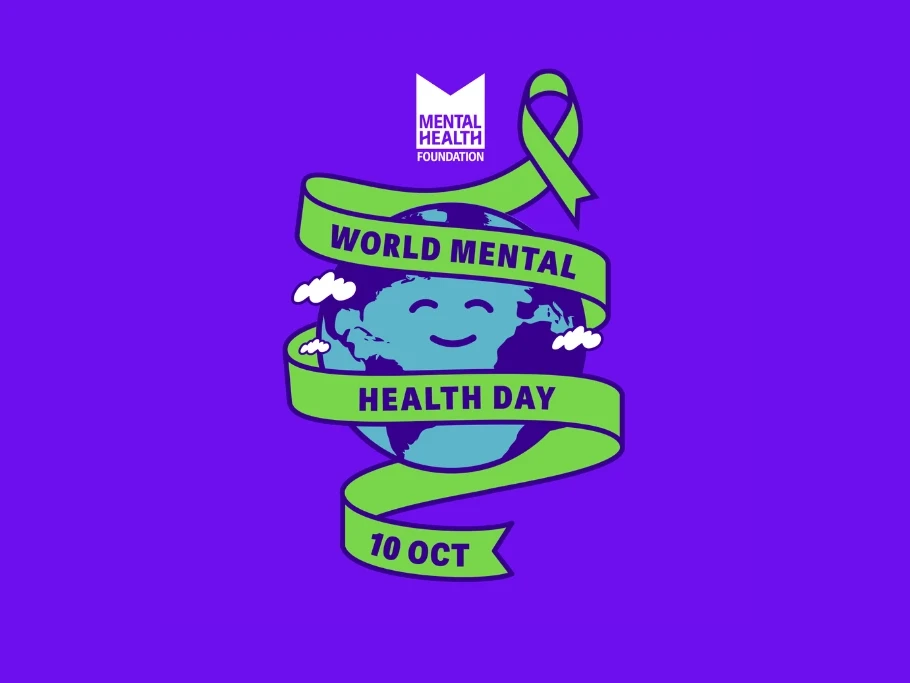Share this article
If you’ve been injured in an accident, the last thing you want is to lose out on compensation because of a technicality.
But that’s exactly what can happen if you don’t take ‘reasonable steps’ to reduce your losses – something the law calls mitigation.
In this article, we’ll explain what mitigation means, why it matters to your personal injury claim, and how Gildeas Solicitors can help make sure you get the compensation you deserve.
What Is Mitigation In A Personal Injury Claim?
Mitigation means taking steps to reduce the severity of your losses after an accident as far as reasonably possible. This includes your finances and expenses, as well as how serious your injuries are.
The main aim of personal injury law is always to put the claimant back into the position they would have been in if they were never injured.
Whilst the Damages (Scotland) Act 2011 provides a way to recover financially after suffering an injury, it comes with the condition that claimants should take steps to reduce their losses as much as possible.
If you don’t do this, the Court could refuse to offer compensation for the financial losses that could have been avoided – potentially reducing your overall settlement
What Does This Mean In Practice?
Our job as your solicitors is to help you get the maximum compensation you deserve following an accident. We do this by collecting evidence such as medical records, receipts, payslips, and more to support the expenses that you’ve incurred.
The law states that you have a duty to keep those expenses to a ‘reasonable’ level. This can be tricky as each case is different – what might be reasonable in one claim won’t be reasonable in another. This is why the law asks you to act ‘reasonably’.
Basically – have you used common sense in your decision making during the aftermath of the accident and throughout the claim process.
Where Does Mitigation Come Into Play?
Seeking medical attention and treatment
The law states that you should try to reduce your injuries as much as you can. This means, as much as possible you should try to:
- Seek medical attention as soon as possible after the accident. For example attending your GP, calling NHS 24, or calling an ambulance.
- Recover as quickly as you can. You should try to engage with all treatment options available, e.g., medication, physiotherapy, CBT, or other medical treatments.
Returning to work
Losing your earnings due to being off work can make up a significant portion of your claim. The law requires that you try to reduce these losses where possible, for example:
- Taking on different or lighter duties, e.g., in a less physically demanding role
- Working from home
- Reducing hours, e.g., working part time
You should return to work as soon you’re medically fit and able to do so – a doctor or medical expert should advise on this. If a doctor renders you able to return to work but you don’t and you continue to lose earnings, you might not be able to recover these in your claim. In serious accidents, you might need significant time off work or you might not be able to return to work at all. Under these circumstances, the law requires that you look for alternative employment where appropriate.
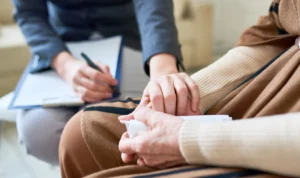
A real life example
In a recent Gildeas case, our client Mr C was a full-time carer for a man with long-term complex additional support needs.
In the job for over 10 years, it was physically and mentally demanding. After the accident, Mr C was unable to return to this role due to serious injuries to his shoulder, coupled with a serious mental health condition following the accident. He was ultimately diagnosed with depression.
Alongside his care job, Mr C had previously taken on work as a motorbike instructor before the accident. An independent employment expert was consulted in the claim who concluded that Mr C would be better off financially in a customer service role, but Mr C wanted to return to his bike instructor work.
Gildeas argued that retraining and looking for new work wouldn’t be appropriate given Mr C’s mental health diagnosis. The judge decided this was a reasonable choice and the claim was awarded in his favour.
Travel and vehicle use
If you can’t drive following your accident, you should try to mitigate your losses in this way too. For example:
- Driving with breaks in the journey or delaying a journey until roads are quieter, etc.
- Opting to use public transport instead of taxis where you can.
- If your vehicle was damaged, having it repaired as soon as possible.
- Using another vehicle available to you instead of hiring a car – e.g., if your partner or family member has a vehicle you can drive.
- Where possible, opting to get items repaired instead of replaced, such as bike helmets, gear, car seats, damaged mobile phones, etc.
How We Can Help
Our job as your solicitors, or as the ‘Pursuer’ in the claim process is to negotiate with the other side to agree on a settlement, so we’re required to obtain as much evidence as possible to support every loss you incurred.
Naturally we don’t want you to be judged as having acted unreasonably.
The job of the other side, or ‘Defender’ is to establish if and where you did mitigate your losses.
How we can support you to mitigate your losses:
- Discuss available medical treatment options, such as physio or CBT.
- Consult to obtain independent evidence from experts, e.g., medical experts, vehicle assessors, or employment experts
- Recommend trusted repairers or vehicle hire
What Happens If I Don’t Mitigate My Losses?
If it’s judged that you failed to mitigate your losses, this will be considered in any settlement offer.
This means you could be offered a lower amount than what you might have originally been able to claim.
Final Thoughts
It’s important for any claimant to take reasonable steps to avoid unnecessary costs and to reduce the impact of their injuries.
However, it’s for the other side to establish if you failed to do this.
The key question asked will be whether you acted reasonably or not in the aftermath of the accident.
The process might seem complex, but with proper evidence and guidance from a solicitor, you can ensure that all aspects of your recovery will be properly accounted for.
Still have questions?
You might be interested in our other claim guides:
What Happens Next In Your Personal Injury Claim
How Long Do I Have To Make A Claim?
How Much Will I Get? And 9 Other Questions About Personal Injury Compensation
Gildeas Solicitors is a recognised law firm specialising in personal injury claims, supporting you throughout Scotland from our offices in Glasgow and Edinburgh. We’re passionate about what we do, whilst putting our clients’ interests first. That’s why we make personal injury personal.
Considering our services? Call our dedicated team today on 0141 331 6070.
